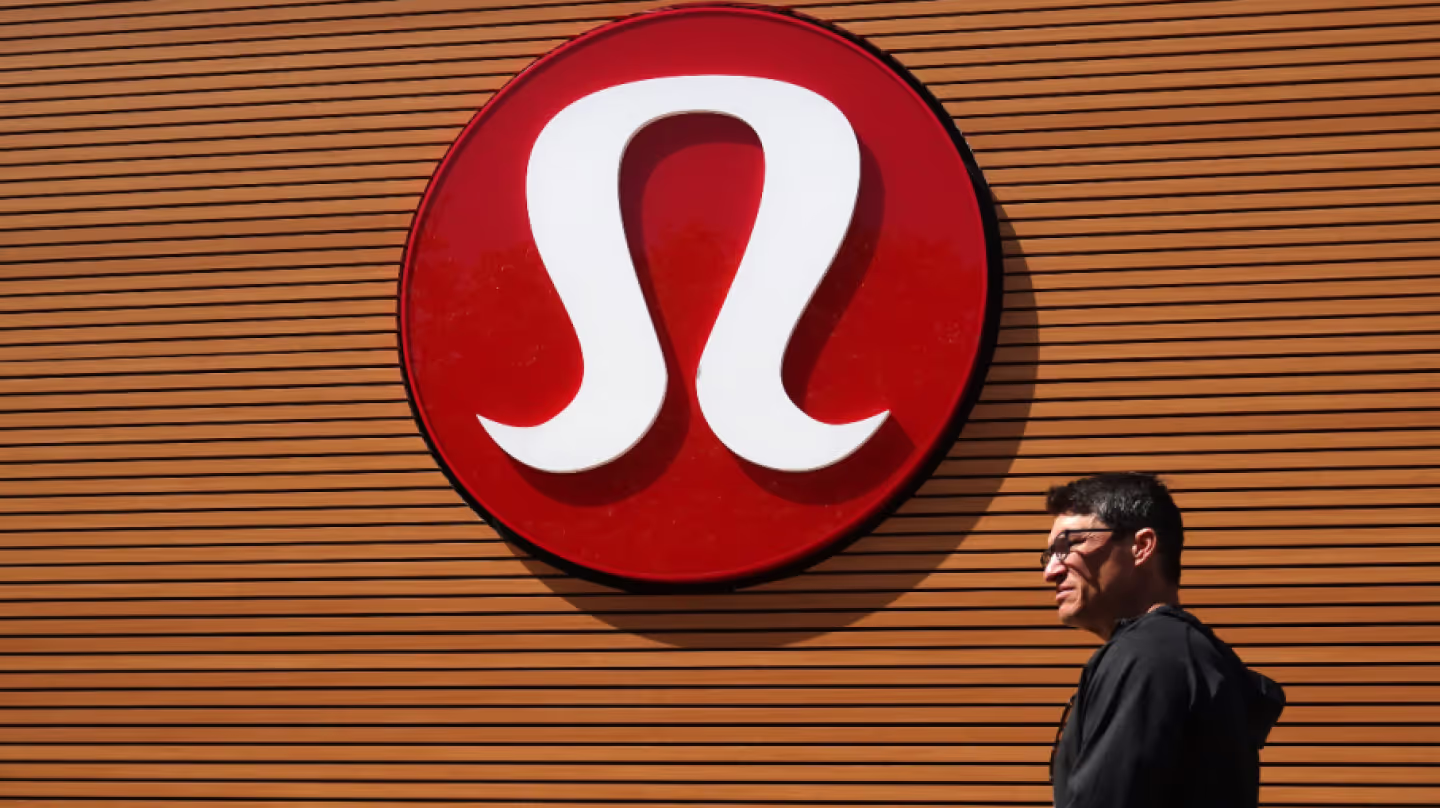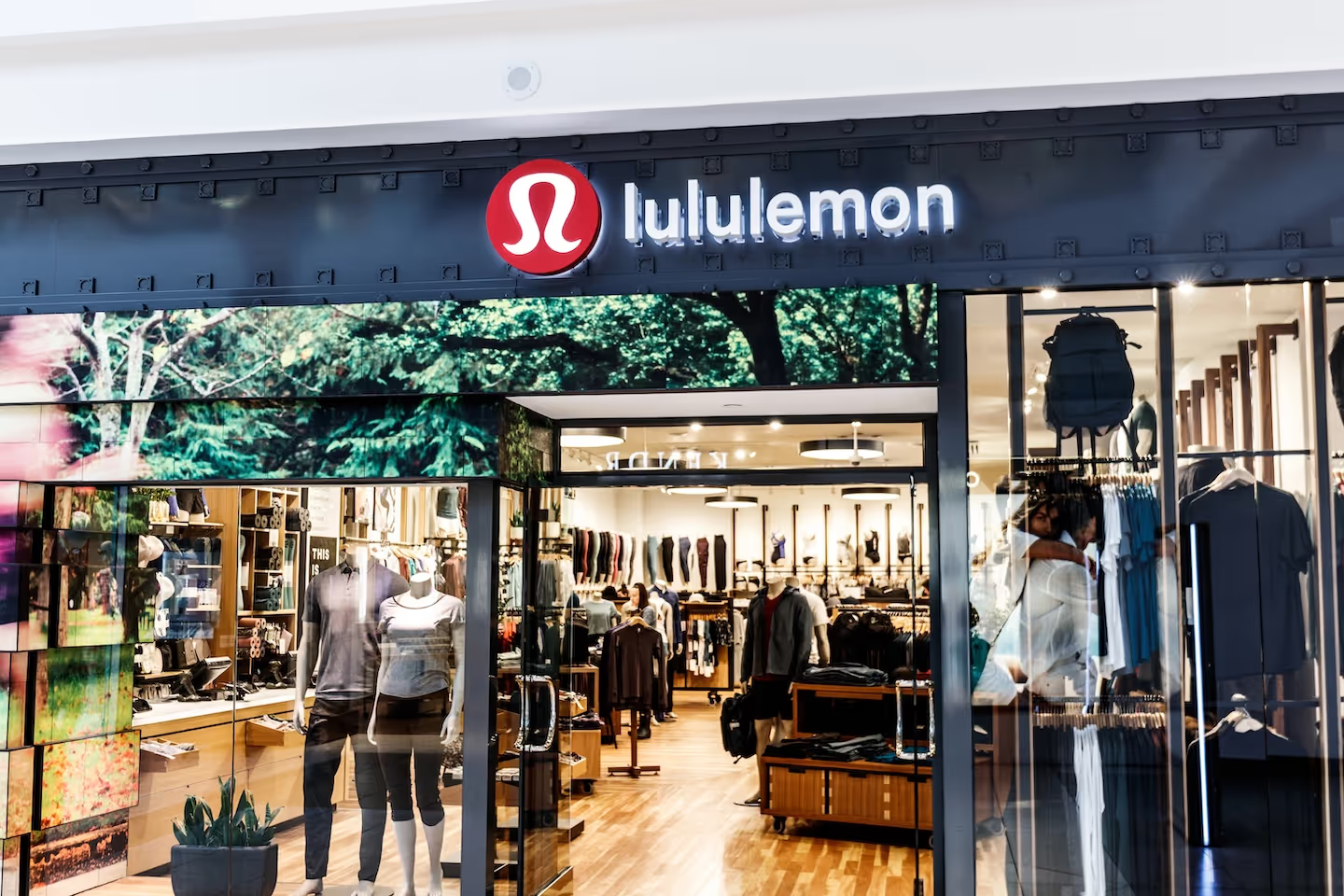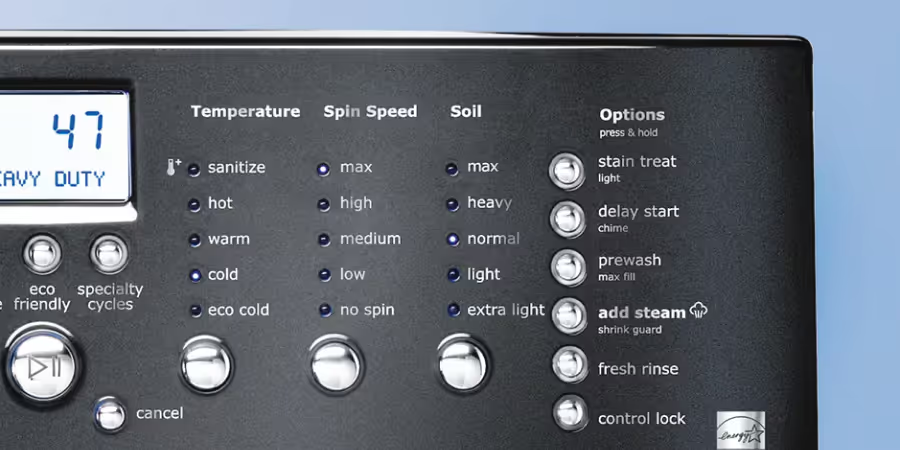Summary

Why Is Lululemon’s Like New Program a Game-Changer for Circular Fashion?
Sustainability is no longer just a buzzword — it’s a key driver of consumer behavior and brand value. Lululemon’s Like New program taps into this shift with a seamless branded resale and trade-in model, giving customers an easy way to extend the life of their apparel.
Key reasons it’s a game-changer:
- Extends product life by keeping apparel in circulation for longer.
- Captures value beyond the first sale by turning used items into new revenue streams.
- Reduces waste through resale instead of disposal.
- Strengthens brand loyalty by engaging customers in a sustainability-focused journey.
This approach fully embodies the circular economy principle — keeping value in use, avoiding waste, and aligning business growth with environmental responsibility.
What Was the Timeline and Scale of Like New’s Nationwide Rollout?
The Like New program launched as a pilot in Texas and California in April 2021. Following successful testing and refinement, Lululemon expanded the program nationwide on Earth Day 2022, syncing with global sustainability messaging. Today, Like New operates in over 390 stores and has circulated more than 1.7 million items by mid-2023. These figures underscore the program’s rapid growth and consumer acceptance, with Lululemon evaluating further expansion opportunities.
How Can Consumers Participate in the Trade-In and Resale Process?
Joining the Like New program is simple and rewarding. Customers can turn their pre-loved Lululemon apparel into savings while contributing to sustainability.
Here’s how it works:
- Bring in eligible items
- Drop off qualifying apparel at any participating Lululemon store.
- Eligible products vary by category but exclude hygiene-sensitive items such as underwear.
- Receive instant trade-in credits
- Credits range from $10 to $100, depending on the item category and condition.
- Credits can be used toward new purchases in-store or online.
- Professional processing
- All accepted items undergo professional cleaning and quality inspection to meet high resale standards.
- Shop Like New online
- Customers can purchase like-new apparel at significant savings, with transparent pricing and free U.S. shipping.
- Responsible recycling and donation
- Items not suitable for resale are either responsibly recycled or donated through dedicated partner organizations.

Which Products Are Included in Like New, and Which Are Excluded?
The program accepts a broad range of men's and women’s apparel, including tops, bottoms, jackets, and accessories, emphasizing quality and condition. Hygiene-sensitive items such as underwear are excluded to maintain safety and customer trust. All returned merchandise undergoes thorough inspection and professional cleaning by the program’s logistics and fulfillment partner to ensure high resale standards.
What Are the Business and Sustainability Impacts of Like New?
Like New delivers clear business value alongside environmental benefits. Revenue generated through resale is shared between Lululemon and the partner platform, with reinvestment into key sustainability projects. By diverting over 1.7 million apparel items from landfill, the program significantly reduces textile waste and associated greenhouse gas emissions, contributing to Lululemon’s 2030 climate goals. Furthermore, the program strengthens customer loyalty by engaging buyers beyond the initial purchase, increasing lifetime value.
Who Are the Key Partners Behind Like New’s Success?
While Lululemon leads the program, critical operational components like platform management, logistics, and resale fulfillment are handled by specialized partners. Dedicated organizations manage recycling and donation efforts for items not suitable for resale. Additionally, industry-wide funding initiatives support the program’s climate and social impact projects, underscoring the collaborative nature of circular business models.
What Marketing Strategies Drive Customer Engagement for Like New?
Lululemon’s marketing combines strategic timing with clear messaging to keep customers engaged and involved in the Like New program.
Key strategies include:
- Launch timing: Aligning the nationwide rollout with Earth Day to tap into global sustainability awareness.
- In-store engagement: Using clear signage and training staff to actively inform and encourage customers.
- Digital amplification: Running targeted social media and online campaigns that highlight environmental benefits and savings opportunities.
- Ongoing visibility: Leveraging global events and seasonal moments to keep the program top of mind year-round.
This integrated approach ensures Like New remains relevant, visible, and compelling for both new and returning customers.
Why Is Like New a Benchmark for Circular Fashion Leadership?
Among active brands advancing circularity, Lululemon stands out for integrating resale deeply into their business strategy. The Like New program gives them a competitive edge against peers like Nike and Allbirds, driving ESG impact and resonating with conscious consumers. Importantly, it lays a foundation for future circular initiatives, including repair and recycling programs that will further cement Lululemon’s leadership in sustainable retail.
What Can Other Brands Learn From Lululemon’s Like New Model?
The success of Like New illustrates the profitability and brand loyalty inherent in circular fashion. Other brands can adopt branded resale-as-a-service models to capture value beyond the first sale while contributing to sustainability targets. Tools and platforms that simplify trade-in, quality assurance, and resale logistics—like those offered by koorvi—can accelerate program launch and scalability.
To explore how your brand can implement similar circular solutions, take our Circularity Check or contact us to start your journey towards making sustainability profitable.


%201.avif)

